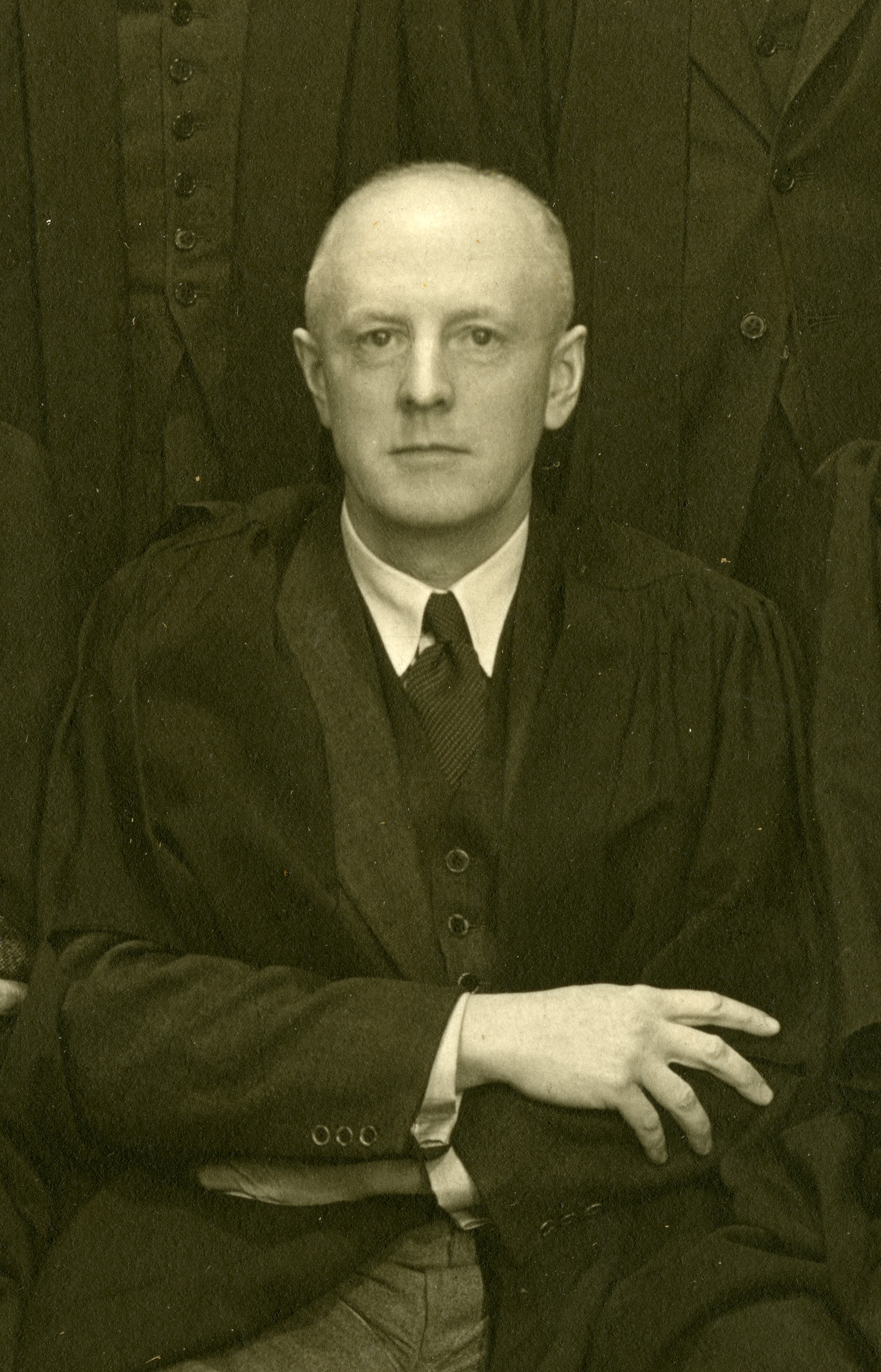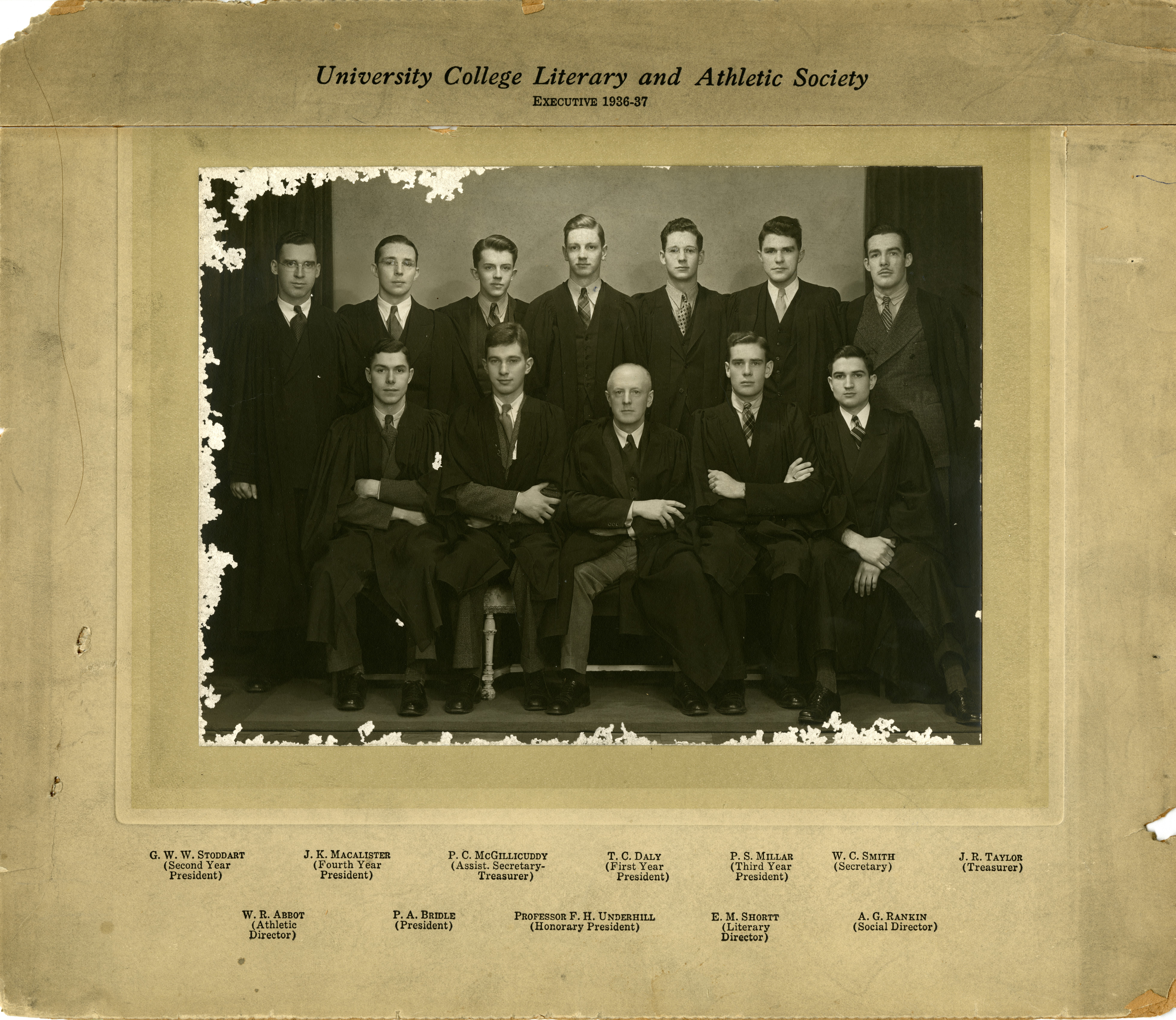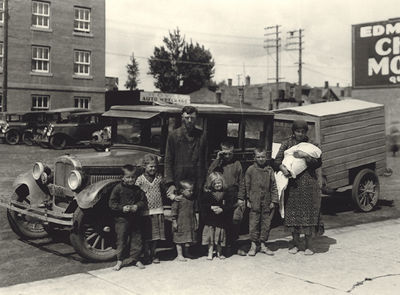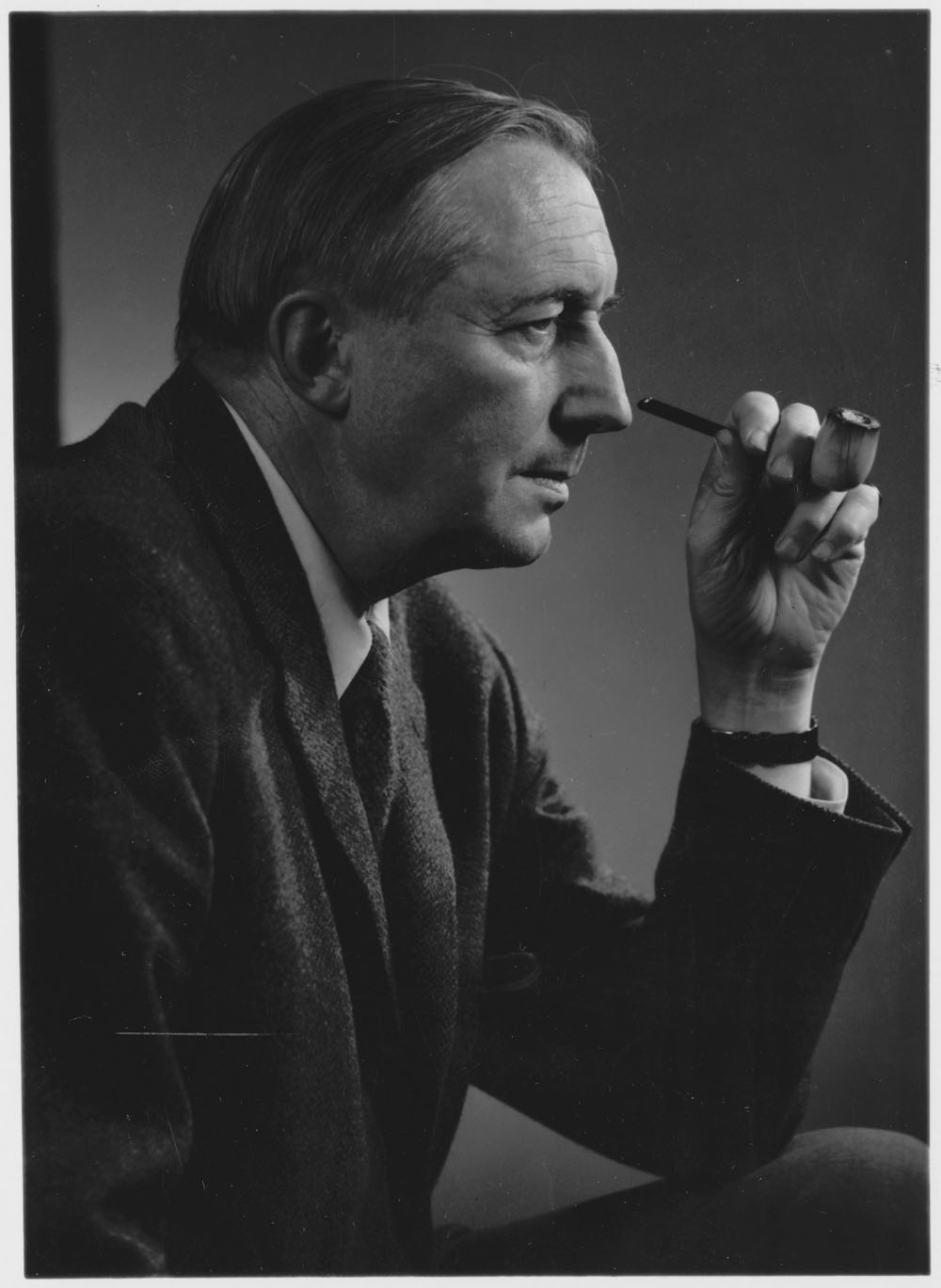Frank Hawkins Underhill, historian, political thinker (born 26 November 1889 in Stouffville [Whitchurch-Stouffville], ON; died 16 September 1971 in Ottawa, ON). Underhill was a professor at the University of Saskatchewan, the University of Toronto and Carleton University. A popular teacher and specialist in political history, he received the Governor General’s Literary Award for his book In Search of Canadian Liberalism (1960). Underhill was a leading intellectual of the left. He was the first president of the League for Social Reconstruction and the principal author of the Co-operative Commonwealth Federation’s Regina Manifesto (1933).

Born in Stouffville, Ontario, Frank Hawkins Underhill studied at the University of Toronto and Oxford University. In 1914, he became professor of history at the University of Saskatchewan.
His university career was soon interrupted, however, by service in the First World War. On 29 September 1915, Underhill joined the 4th University Company of the Canadian Expeditionary Force but was soon disillusioned by his experience as a private in the Canadian army. In 1916, he was transferred to the British forces with a commission as second lieutenant in the Hertfordshire Regiment.
Underhill served on the Western Front and was injured on 22 March 1918 by shrapnel, By the end of the war, he had been transferred to the Khaki University for Canadian soldiers. He was discharged in 1919 and returned to civilian life, teaching history at the University of Saskatchewan until 1927 and then at the University of Toronto until 1955.

An influential commentator on public affairs as well as a popular teacher, Underhill wrote extensively for Canadian Forum. Describing himself as being born a "North York Presbyterian Grit," and thus an enemy of the establishment, he achieved his greatest fame as a commentator on the political events and controversies of his times.
Underhill was the first president of the League for Social Reconstruction and the principal author of the Co-operative Commonwealth Federation's Regina Manifesto of 1933. His public activities caused friction with the University of Toronto administration, and in 1941 he came close to being dismissed after openly predicting that Canada's ties with the UK would weaken as its ties with the US grew stronger (see Academic Freedom).
Always more of a liberal than a socialist, an admirer of the US and a strong supporter of the Cold War, he was propelled towards the Liberal Party in the 1940s. In 1955, he was appointed curator of Laurier House, Ottawa, by the Liberal government, and he dedicated a volume of essays to L.B. Pearson. In his last years he was associated with Carleton University, where he served as a professor political science.

 Share on Facebook
Share on Facebook Share on X
Share on X Share by Email
Share by Email Share on Google Classroom
Share on Google Classroom


